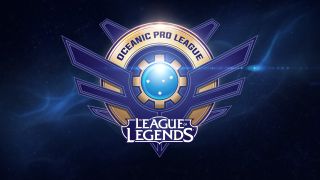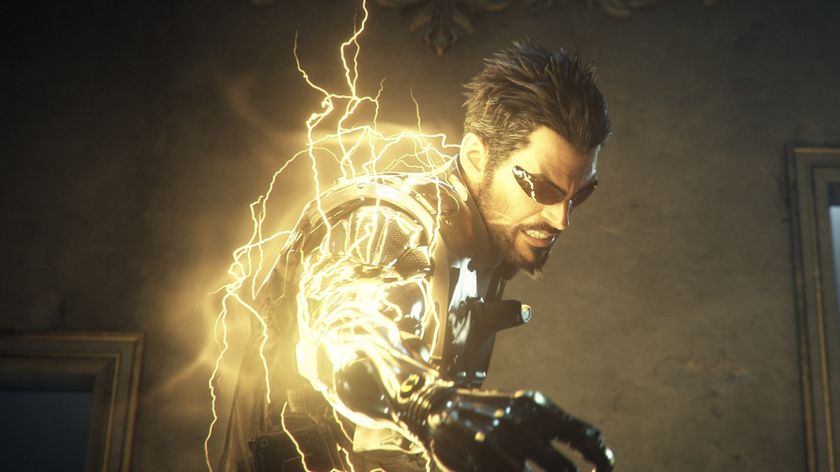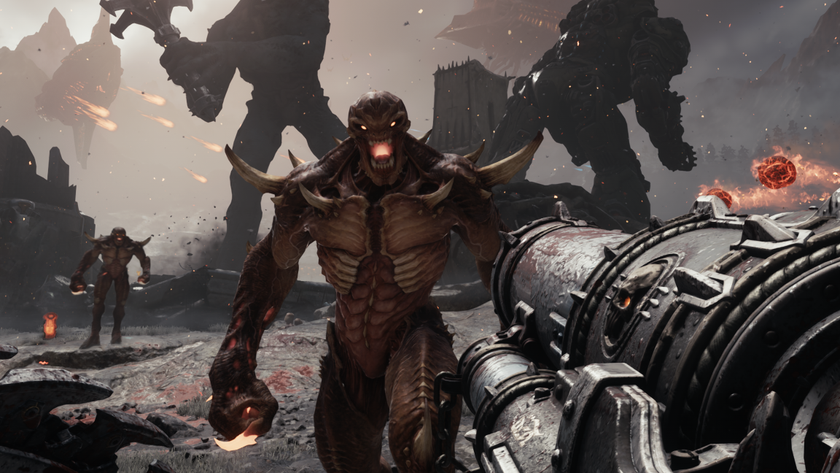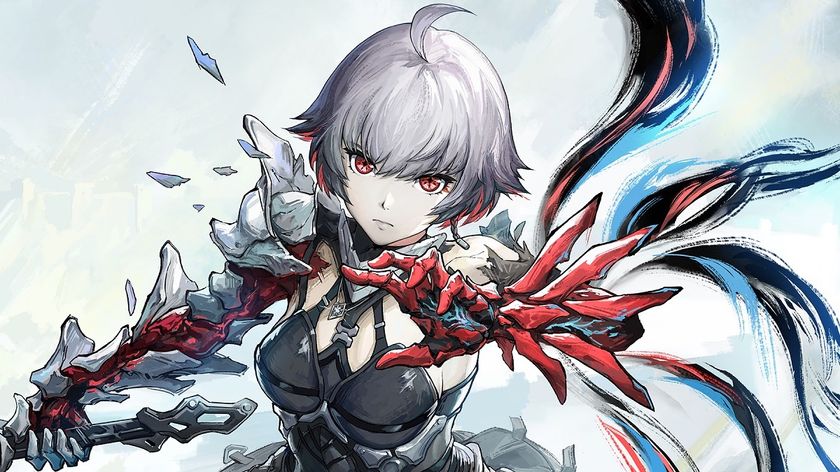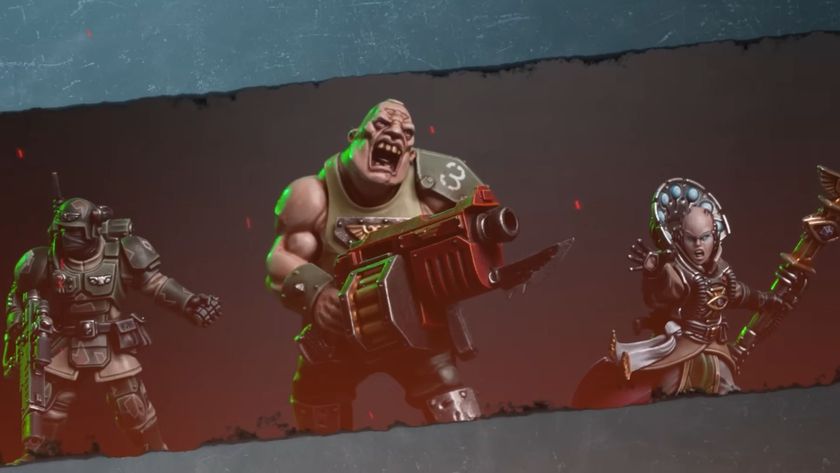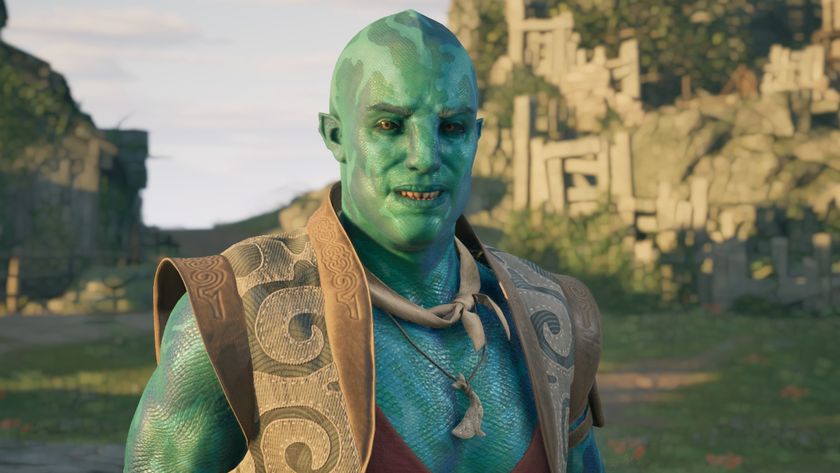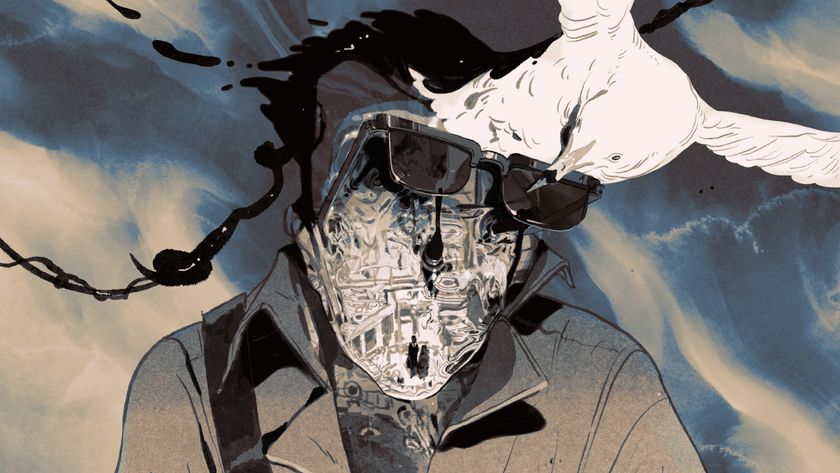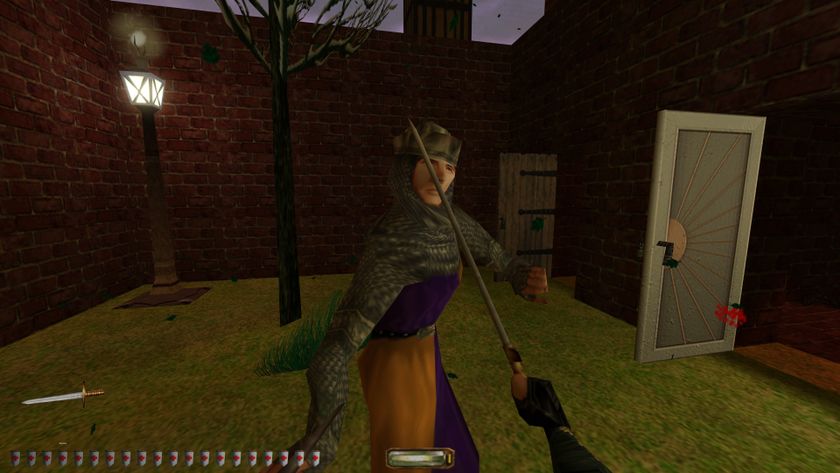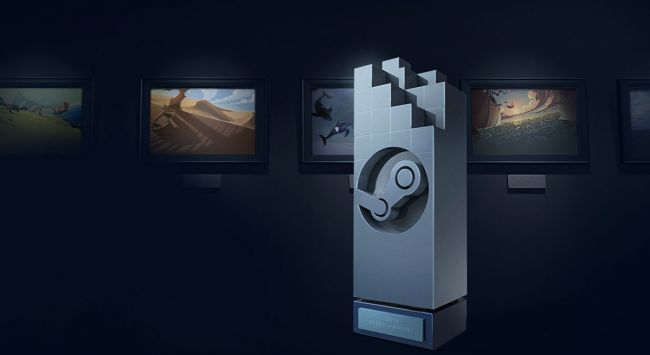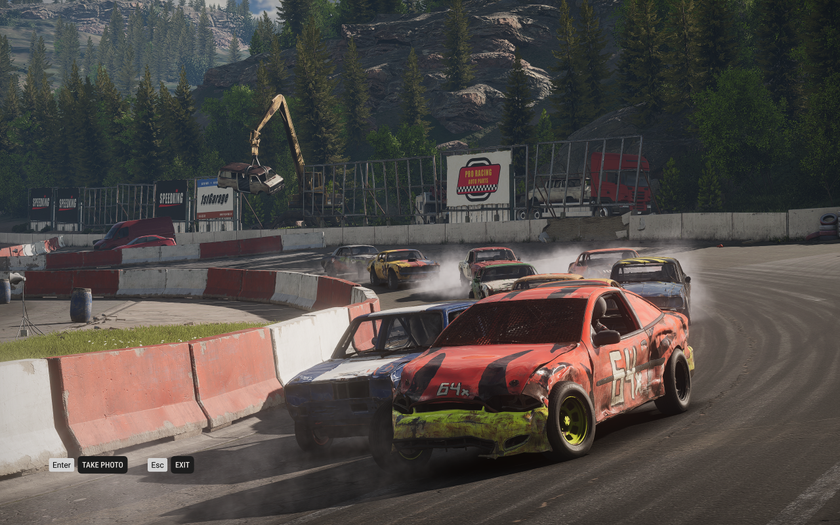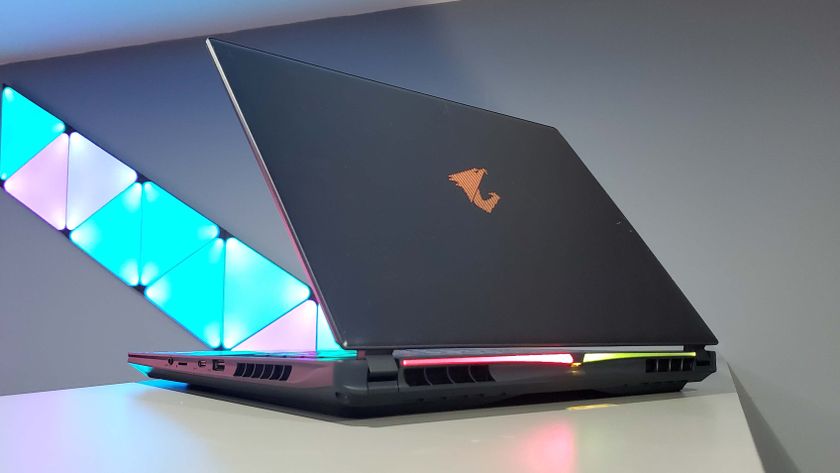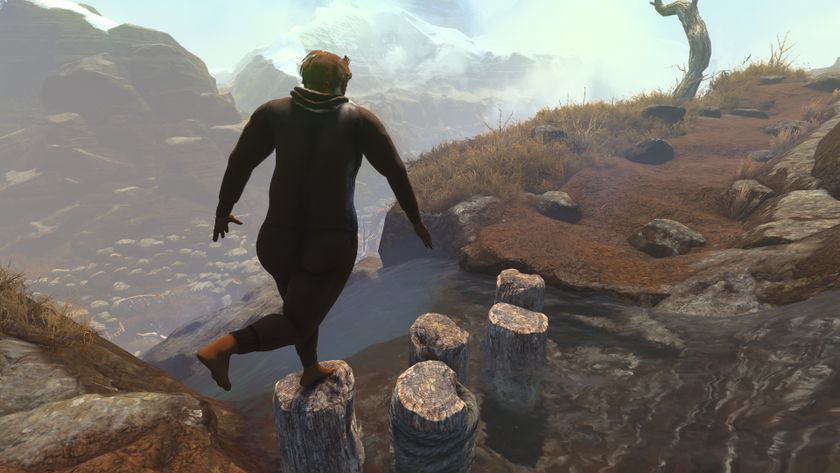League of Legends OPL: an interview with Derek 'Raydere' Trang
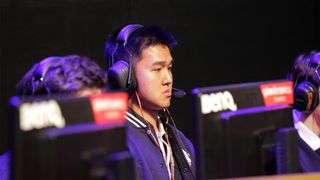
If you’ve ever wondered how strenuous playing video games for a living actually is, picture this: an alarm rings at 11am, and you immediately play your first game of League of Legends. Then after lunch, you play another four hours of League of legends. Then after dinner, at about 6pm, you go to the gym, where for a little while you don’t play League of Legends. Then at 7pm you practice playing League of Legends with your team until about midnight. Then after team practice, you commence your own League of Legends practice from midnight to about 3am.
That’s a lot of League of Legends. Roughly 13 hours every day.
That’s the regime of Derek ‘Raydere’ Trang. The 21-year-old balances a law degree with a professional esports career, and as captain of The Chiefs, the Sydneysider’s team is currently sitting at the top of the Oceanic Pro League ladder for 2014. Before Riot upped the ante on Oceania esports with the introduction of the pro league in late 2014, he’d already had a brief but lustrous career, and is widely regarded the best League of Legends player in Australia.
“You just have to be very time efficient,” Trang says over a burger in Sydney’s CBD. “You just have to take away off-time, like watching a movie, chilling out. It can be very mentally draining, but you have to be either practising or studying for university. If you’re at home, you’re doing one of those two things.”
In the lead up to this Thursday’s Oceanic Pro League final in Sydney – the Split 1 final determining whether The Chiefs or their opponents Dire Wolves will travel to Turkey for the International Wildcard Invitational later this month – I sat down with Derek to figure out what the life of a professional gamer is like, and whether it’s actually fun.
PC Gamer: You played Dota back in the day. What attracted you to the game, and the genre in general?
Raydere: There was nothing really specific that attracted me to the game, at the time it was more about having fun. Back in high school you had a lot more friends playing video games, so based on that, and based on how the game let you play with each other, that’s where it started.
The biggest gaming news, reviews and hardware deals
Keep up to date with the most important stories and the best deals, as picked by the PC Gamer team.
During that period, when Dota was still a Warcraft III mod, did you expect the genre to take off to the extent that it has?
Back then I wouldn’t say so, but considering how many of my friends played the game I’m not surprised now. People love competition, people love seeing who ranks above each other, people love playing with friends as well. You get a new game every day, so if you have a bad game it doesn’t weigh on you. That keeps the game fresh: it’s not like an MMO where you’re doing the same thing over and over again. Right now there are hundreds of champions in League, and when you factor in the possibilities of 5v5 you can see how the game changes each time.
What did you play before Dota came along?
I played Counter-Strike, mainly shooting games. Not many of my friends played it so when they started playing Dota, I joined them.
Thinking back when you were playing Dota, what would your past self think of your current status as a pro league player?
It’s definitely surreal. Playing League professionally is a fun and exciting experience. People look at you in awe because you’re different in a way. I came from a selective school and a very academic background, and the general consensus there is that you do really well in school and to get paid practising law or being an accountant or being in the financial industry, and that was the consensus in my bubble. Then suddenly you’re this different guy: you’re playing video games for a living. A lot of your friends play them for fun but you’re playing them for money. “I have to sit in an office to make a buck while you’re playing video games,” they say to me. It’s cool.
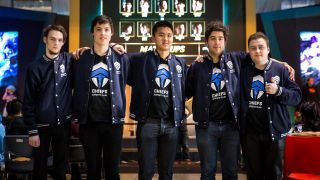
How do you explain it to elderly relatives?
The main concern for elderly relatives is that there’s no precedent: there’s never been an example for them of people being successful playing esports, so it’s scary for them. I always compare it to tennis: what if I made a living playing tennis, would you feel more at ease? They say yes because there’s precedents: there’s Roger Federer. But then look at video games, they don’t associate it with success. The internet began when they were already in their 30s or 40s and they didn’t really understand the concept that you can do things online to make money.
People your own age might feel the same way.
Yeah, it’s unexpected because they’ve not seen it. It’s not normalised into popular culture yet that you can do it. In maybe five or ten years it’ll become more obvious to them.
You’re among the best, if not the best, League of Legends players in Australia. Is there anything about your personality – strengths or character traits you’ve always had – that carry over into being a good League player?
Someone once said that being 19 is the best age for a gamer. That’s where you peak. Being young gives you better reflexes, which deteriorate as you get older. The second part, the most important part, is that you have the maturity at 19 to be really disciplined about your play and practice and your mental state. Discipline is very important when becoming a professional league player.
There are a lot of good League of Legends players in Australia, but they’d be a lot better if they had more control over their mind. A lot of people get really angry and emotional about the game, but what’s really important is that you have the discipline to shut it out. If you make a bad play you have to get over it, because if you don’t you won’t be playing optimally. People say this in tennis as well: professional players sometimes break rackets and do a lot of yelling and cursing. One pro broke three rackets in a row just to clear his state of mind. Everyone has their ways but what’s important is that you have the discipline to practice and to steady your mind when things aren’t going your way.
Last week's semi-final between The Chiefs and Team Immunity.
How do you keep that discipline? Are you an inherently patient person? Is that why you’ve gotten better?
I played a lot of sport in high school, so there were a lot of times when our rugby or tennis coach would spend hours yelling at us to keep running, not to stop. It’s very character building. Once I played a four-hour tennis match on a 40 degree day on a concrete floor – you need to have the mental strength to keep pushing and keep trying to win [in those circumstances]. At one point I was down in the final set, but I came back in the fourth hour. It requires a lot of mental discipline: it seems like an impossible task but you need to put the effort in, even if you’re going to lose anyway. That transferred over to League of Legends.
Is League of Legends fun when you play competitively?
Yes, it is. I know people lose passion for the game and it is unfortunate when that happens. You see a lot of pro players play a lot less. I didn’t play as much last year as I have this year and that was reflected in my performance: play less and you’ll perform badly. A lot of the time, if you’re on a bad end of a losing spree, it can be very demoralising and daunting, but at the same time if you’re winning a lot of games you get a high, and you want to keep going and playing.
Esports is becoming accepted in the US, to the extent that major sports broadcasters are covering tournaments. Will that ever happen in Australia? Is there a big enough audience?
People have always said that Australia or Oceania is five years behind the rest of the world in esports. I pretty much agree with most of that comment, mostly because in America there’s more people and more money, more marketing. With the extra money and people there’s generally going to be a lot bigger production values. What, in a way, is hurting Oceania that can’t really be helped is that North America is so much more successful and fun and exciting to watch. There’s no language barrier in North America: esports is really big in Korea, China but Australians don’t watch them because the commentary is all in Korean or Chinese, and all the writing on the websites is in another language. In OCE people will look at America and find it fun and exciting to watch. I’m pretty sure that most American professionals are better known in Australia than Australian players themselves. Oceania will develop eventually, it will hit the numbers, but it’ll require a bit more time.
How has the mood changed among League players since the OPL was announced? Has it invigorated the scene?
The community definitely has been invigorated. Having weekly games really helps promote Oceanic esports, and having Riot promote seven or now eight professional teams helps both the players and the Oceania esports scene itself. We’ve never had that before: we’ve usually just had a tournament every few months and people would tune in for that. Now we have tournament games every week and it helps create a fanbase.
It’s hard to follow a team when they just play every few months. You watch them once and then you forget about them, but now you can watch every week, they can cheer and follow you. When fans follow you, you get more numbers, more views, and that’s when sponsorship revenue comes in and that’s how it grows. esports is a marketing based industry so when you start getting more sponsors the production levels rise and then everything develops together.
What makes The Chiefs the best team at the moment?
We’ve been together for roughly a year and a half, and we’ve had the same five players, which I think is the longest record that any team in Australia has had. Teams like Dire Wolves, Legacy - they’ve been changing up their roster, and we’ve always been the fathers of the scene in a sense - the oldest, most experienced players. We’ve been together for a while. Classically, we have been considered – from back in 2013 – the best five players. People dispute that now, but back then we were considered the best players in the country. Having stuck together, having created team cohesion, really helps us a lot.
Where do you see the game in five years? Will it still be as strong as it is now? Where is it heading?
I think Riot has a good plan for League of Legends to develop in the next five years. I do see it developing very well because there are a lot of really young players right now and in five years they’ll be 21 or 22. I’ll be 27 or 28 and most likely be retired or washed up by then, but we do have a lot of young talent in Oceania - especially the Dire Wolves.
The final for the first split in the Oceanic Pro League kicks off this Thursday, April 9 at 6pm on Twitch.

Shaun Prescott is the Australian editor of PC Gamer. With over ten years experience covering the games industry, his work has appeared on GamesRadar+, TechRadar, The Guardian, PLAY Magazine, the Sydney Morning Herald, and more. Specific interests include indie games, obscure Metroidvanias, speedrunning, experimental games and FPSs. He thinks Lulu by Metallica and Lou Reed is an all-time classic that will receive its due critical reappraisal one day.
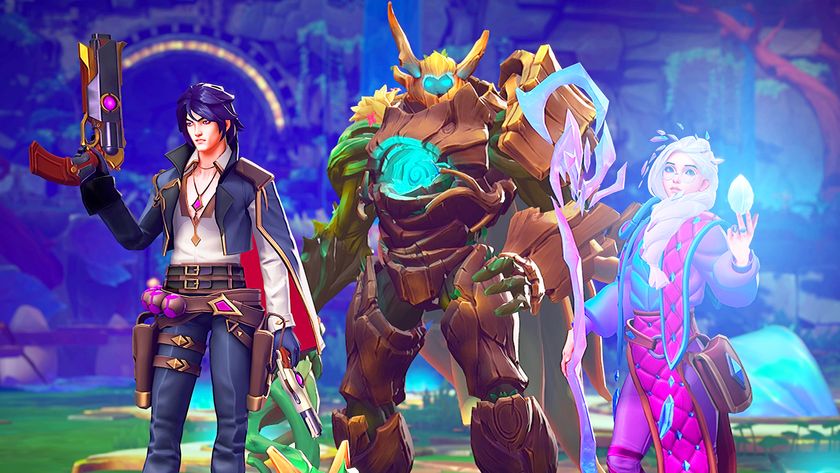
Seekers of Skyveil, the MOBA—extraction shooter mashup, is shutting down less than a month after release: ‘We have no choice but to bring this short journey to an end’
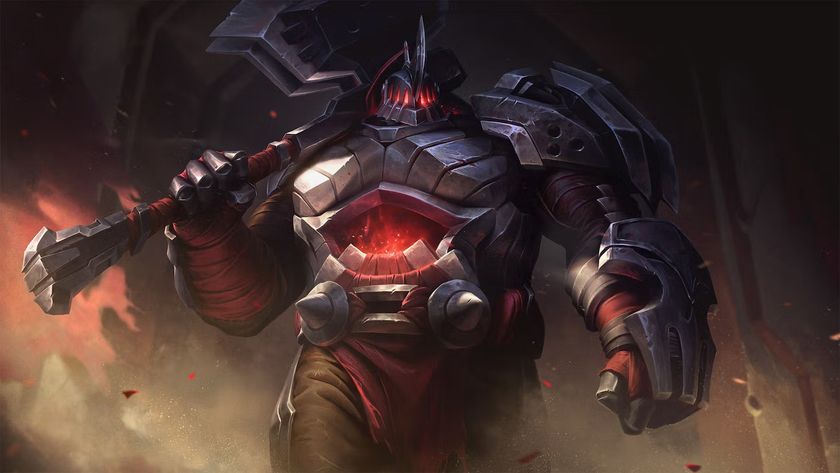
Riot walks back unpopular League of Legends changes: Hextech Chests are coming back, and the Blue Essence cost for new champions will be cut in half
